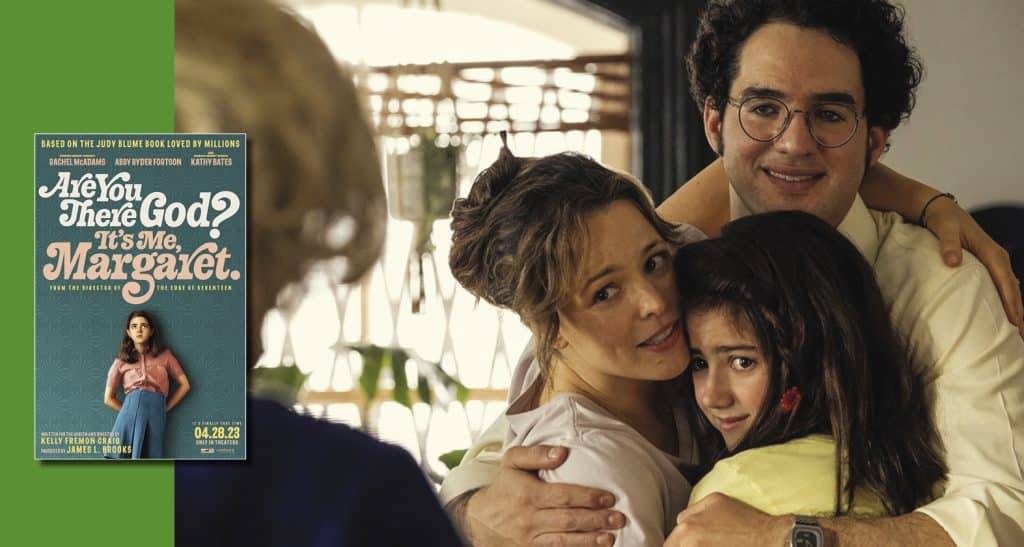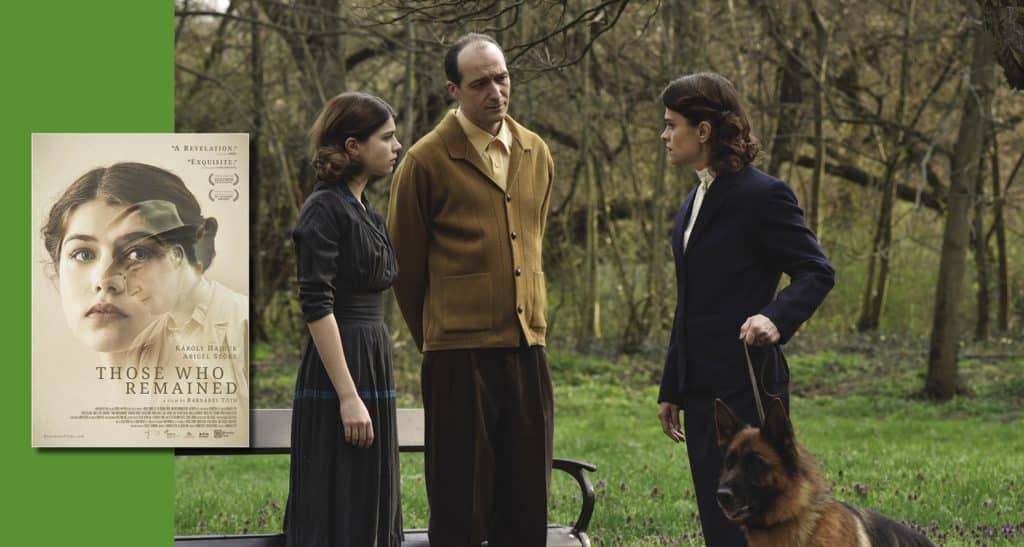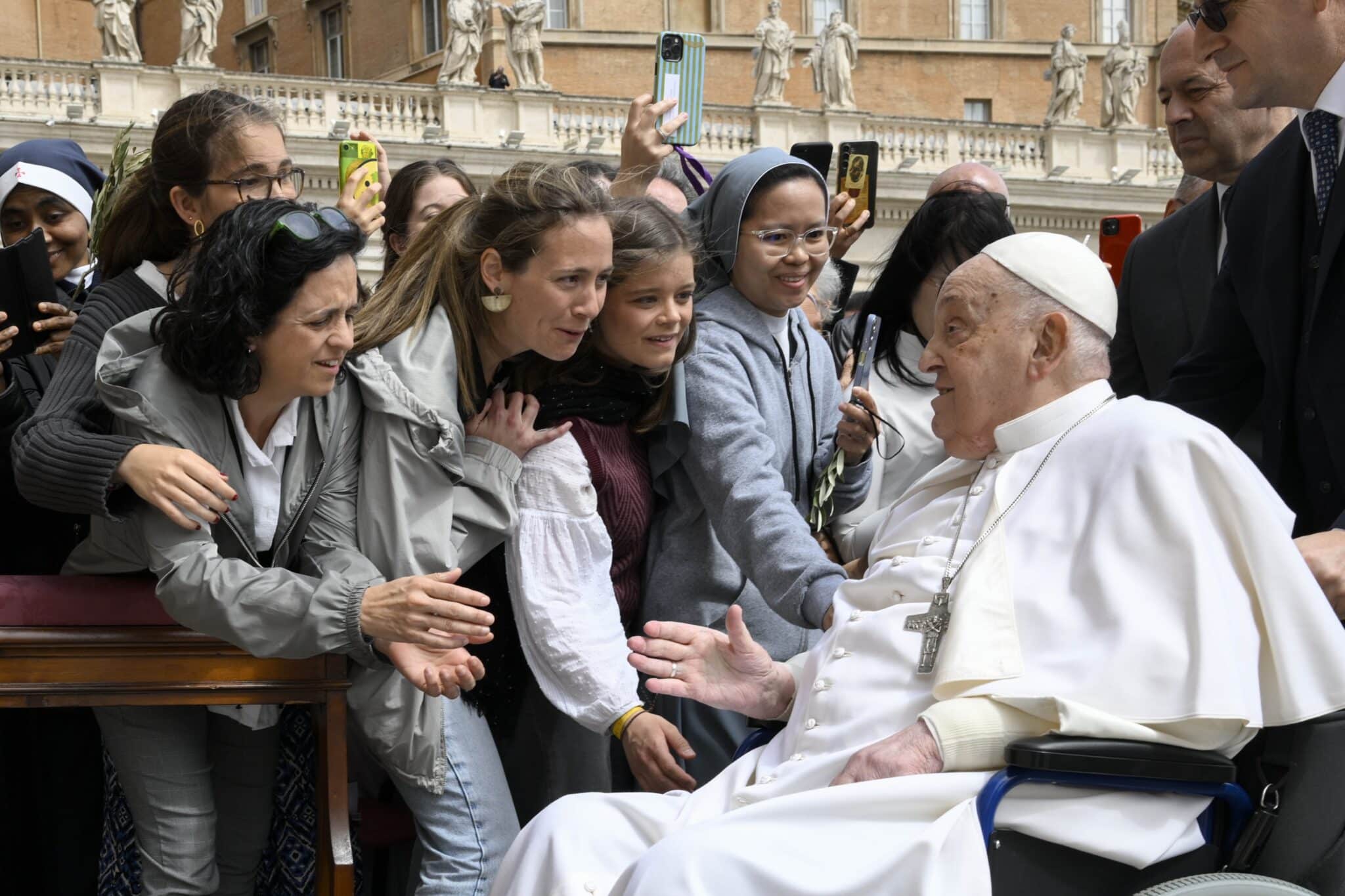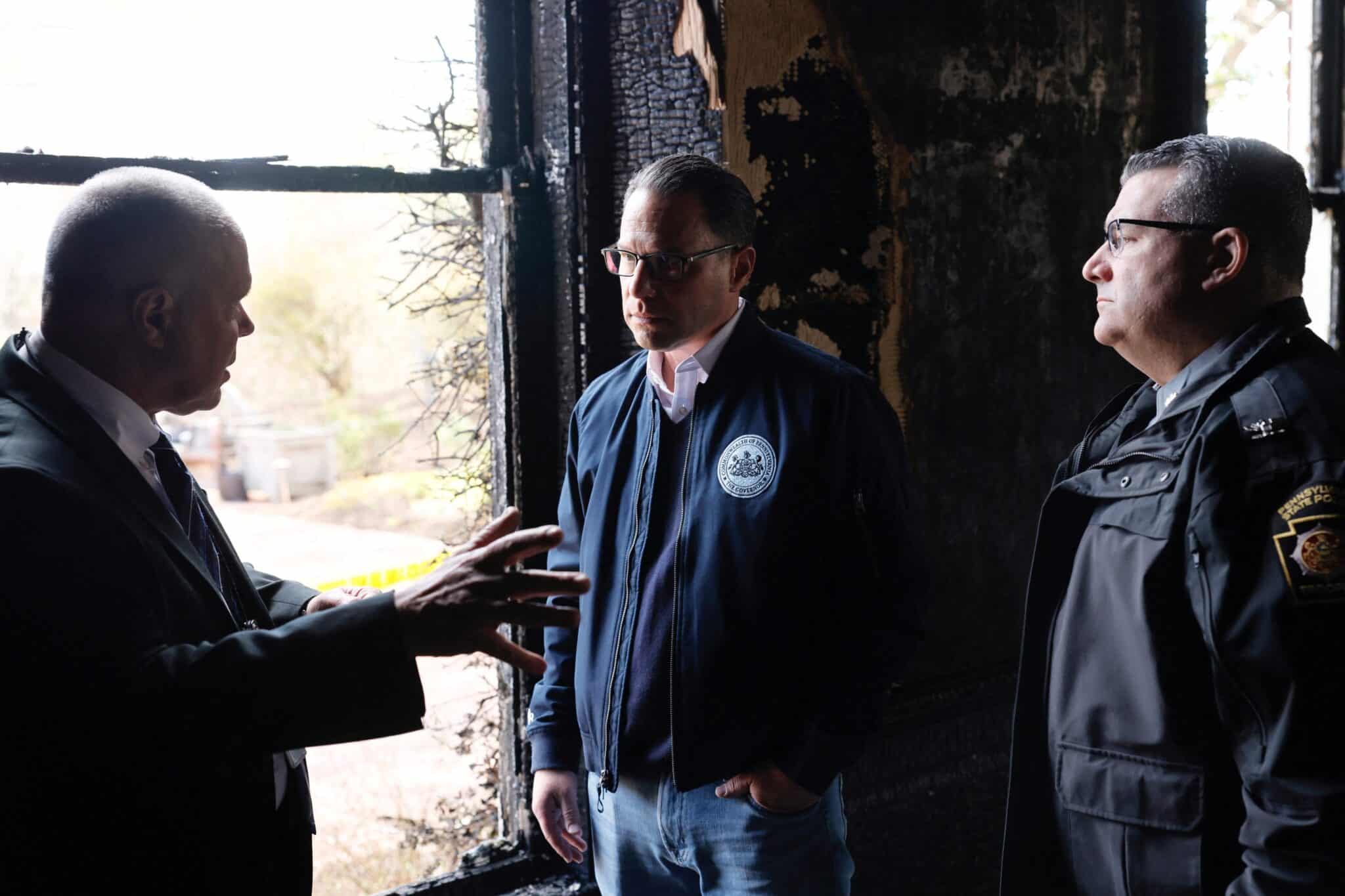The Pope’s Exorcist
Based on the life and ministry of Father Gabriele Amorth (Russell Crowe), this historical thriller is the latest in a long line of films about diabolical possession and those who carry out the rite of exorcism to deliver people from great suffering.
It is 1987, not long after Father Amorth was appointed an exorcist for the Diocese of Rome. After performing an exorcism, Father Amorth rides his Vespa scooter to a meeting with a panel of bishops and a cardinal (Ryan O’Grady), who accuse him of not following the rules. He tells them to take it up with his boss, the pope (Franco Nero).
Soon after, Father Amorth is asked by the pope to go to Spain, where supernatural events have been reported. There he meets a young widow, Julia (Alex Essoe), her ill-tempered teenage daughter, Amy (Laurel Marsden), and a young boy, Henry (Peter DeSouza Feighoney), who has not spoken since his father’s death. Amy is converting the old abbey her husband left her into a hotel, but when a fire kills one of the workers, they quit. A local priest, Father Esquibel (Daniel Zovatto), who welcomed them initially, now helps Father Amorth exorcise the demon who has possessed Henry and is actively harassing Amy.
They discover that the abbey had been used as a prison and torture chamber during the Spanish Inquisition in the 15th century, which explains the demonic activity. From there, writers Michael Petroni and Evan Spiliotopoulos, director Julius Avery, and director of photography Khalid Mohtaseb provide us with the usual ghoulish motifs of devil movies with some startling moments.
The only thing new about The Pope’s Exorcist (such a title does not exist), is Crowe’s performance. He not only maintains the dignity of the priest but the respect for the role of the exorcist as well. He even shows some of Father Amorth’s sense of humor. The film is based on two autobiographical books by Father Amorth, but the story is a hodgepodge rather than accounts of actual exorcisms. It is not a film for everyone, but some viewers may appreciate the use of sacramentals and praying of the Our Father for deliverance from evil. In theaters.
L, R • Horror, blood, reference to clergy sex abuse, diabolical activity, brief partial nudity.

Are You There God? It’s Me, Margaret.
Margaret Simon (Abby Ryder Fortson) is an 11-year-old girl who lives in New York City with her art teacher mom, Barbara (Rachel McAdams), who is Christian, and her dad, Herb (Benny Safdie), who is Jewish. She is also very close to her paternal grandmother, Sylvia (Kathy Bates). Margaret has never met her extremely Christian maternal grandparents, as they disowned Barbara when she married Herb.
Margaret’s life is turned upside down when Herb gets a promotion, and the family moves to New Jersey. At school, religion becomes an issue because the teacher, who assigns a yearlong research project, suggests Margaret write about the religious differences in her family. Just when she is going to visit Sylvia in Florida, her maternal grandparents decide to visit. This surprise upsets the whole family as they figure out how to manage a challenging situation.
Margaret makes new friends at her new school. Like her, they are on the cusp of puberty. The girls talk about menstruation, bra sizes, and crushes on boys. Throughout, Margaret, who does not know if she believes, talks to God about everything, trying to navigate her life at this very sensitive and confusing time.
The film is based on the 1970 book of the same name by novelist Judy Blume, who was one of the first to write about teen issues. At least five of her books, including Margaret, have been banned or challenged by groups and schools around the country. This film, however, is honest, sensitive, and respectful of parents and teens. In theaters.
Not yet rated, PG-13 • Frank discussion about puberty and reproduction, interreligious discord.

Those Who Remained
Klára (Abigél Szõke) is a 16-year-old girl living with her great-aunt, Olgi (Mari Nagy), in 1947 Hungary. Olgi feels as though Klára is not developing as she should, so she takes her to an ob-gyn, Dr. Körner “Aldó” Aladár (Károly Hajduk). The doctor tells Olgi to take her home and give her time.
Klára was left behind when her family was rounded up and sent to Auschwitz. She believes they are still alive. Aldó has a haunted demeanor because he, too, lost his family in Auschwitz.
When Klára shows up at his office to talk with him, he knows it’s inappropriate, but these two lonely people find comfort in talking together. Klára, who sees Aldó as a father figure, eventually moves in with him until it becomes obvious that she must return to her aunt. Over time, Klára, Aldó, and Olgi meet new people, and life begins to flourish anew.
The film is based on the 2004 novel by Zsuzsa F. Várkonyi and is directed by Barnabás Tóth with a sensitive and delicate touch. The performances by Szõke and Hajduk are perfect. This is one of the very few films to tell stories about those who survived the Holocaust. In Hungarian with English subtitles. In theaters.
Not yet rated • Mature situations, references to extermination camps.








